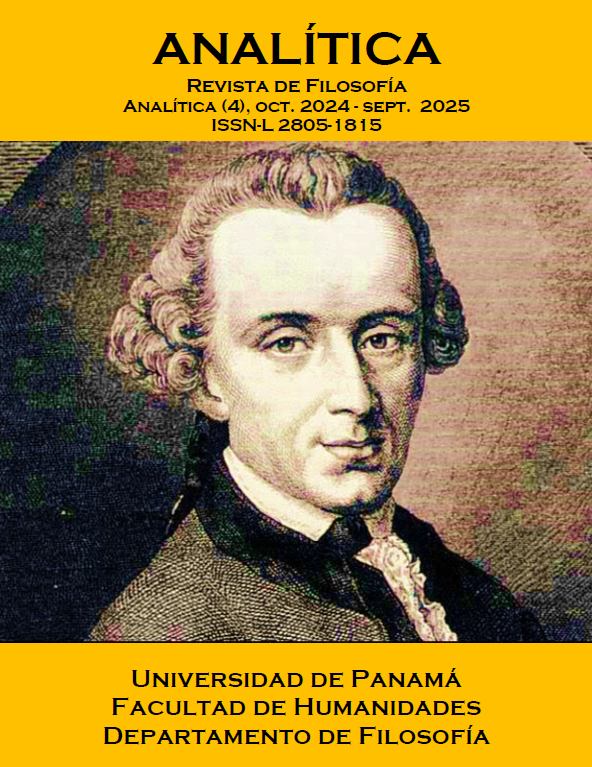

Copyright (c) 2024 Analítica

Este trabalho está licenciado sob uma licença Creative Commons Attribution-NonCommercial-ShareAlike 4.0 International License.
Reconciling the permanence of existence with the existence of change is a long-standing metaphysical puzzle. Some, following Aristotle, resolve this tension by positing ‘prime matter’, a bedrock which grounds all change. Saint Thomas Aquinas argued prime matter had to be purely potential, thus completely indeterminate and extensionless. This article charitably reconstructs and critically assesses Aquinas’ view, arguing it is far too restrictive. Prime matter need only be maximally potential and determinable, allowing it to take on certain determinate properties. I argue extension is an obvious candidate property and propose five theories positing extended prime matter: (1) a subtle revision of Aquinas' own view, (2) a hylomorphic approach which attributes to prime matter an ‘elastic’ extension, (3) a minimally/infinitesimally extended prime matter inspired by ancient atomism and late-renaissance/early-modern corpuscularianism, (4) a maximally/infinitely extended prime matter influenced by Advaita Vedanta, and (5) a pluralist approach reminiscent of Aristotle's elements. Crucially, by allowing prime matter a determinate characteristic, each proposal demystifies Thomistic prime matter which one could otherwise charge with being so characterless as to slip into the ‘nothingness’ which terrified the Eleatics and motivated the introduction of prime matter in the first place.